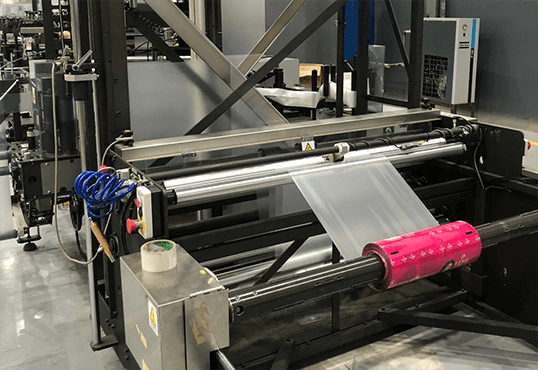Technological advancements in packaging have come a long way in recent years. Sustainable practices in Nigerian food packaging companies have also progressed significantly. Here is a look at how far we have come:
In the past, most food packaging was made from non-recyclable materials like Styrofoam and plastic. This resulted in a lot of waste being sent to landfills. However, nowadays there are many more sustainable options available. Packaging can now be made from recyclable materials like paper and cardboard. This means that less waste is being sent to landfill sites.
In addition, technological advances have also led to the development of biodegradable packaging. This type of packaging decomposes naturally and does not cause environmental pollution. Nigerian food packaging companies are increasingly using biodegradable packaging to package their products.
Overall, it is clear that sustainable practices in Insignia has come a long way in recent years. Thanks to technological advances, there are now many more environmentally friendly options available.
Environmental Impact of Packaging Production
Previously all around the world, packaging industry is one of the most polluting industries in the world. The production of packaging materials emits a large amount of greenhouse gases, which contribute to climate change. In addition, the production of packaging uses large amounts of water and energy, which puts a strain on the environment.
Most packaging materials are made from petroleum-based products, which means that they are not sustainable. When these materials are disposed of, they can release harmful chemicals into the environment.
Insignia’s Regulations on Sustainable Practices
Insignia set up major guidelines and regulations in ensuring that safe and earth-friendly packages are created and distributed to its clients after several years of thoughtful and scientifically tested and designed by-products have been created for use in packaging. Insignia exemplifies astute sustainable practices following the necessary guidelines set by international and local bodies.
Sustainable practices in Nigerian food packaging companies are also governed by international standards. The Codex Alimentarius is a set of international food safety standards that all food companies must adhere to. These standards include requirements for sustainability, such as the proper labeling of sustainable products and the use of environmentally-friendly packaging materials.
Thank you so much for reading.


